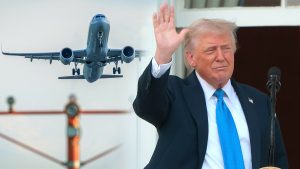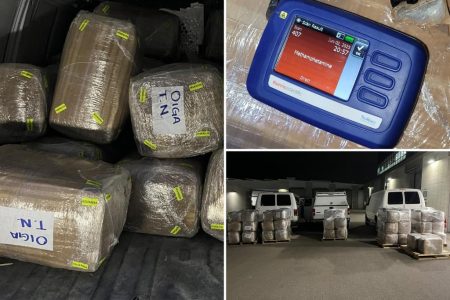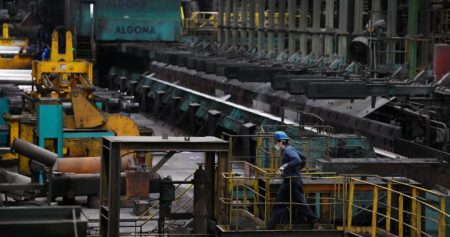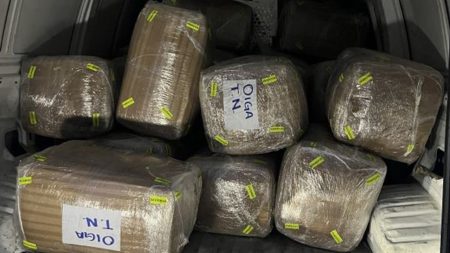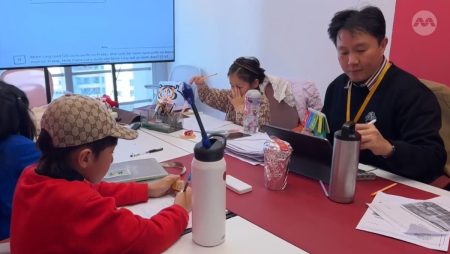South Korean President Yoon Suk Yeol found himself teetering on the brink of impeachment following his controversial decision to declare martial law and order the arrests of political opponents, including the leader of his own party. While the impeachment vote was ultimately scuttled by a boycott from Yoon’s People Power Party (PPP), the incident cast a long shadow over his presidency and underscored the precarious nature of political power in South Korea. Yoon’s public apology for causing “anxiety and discomfort” did little to quell the storm of criticism, and the possibility of future impeachment attempts loomed large. The incident placed Yoon squarely within a lineage of South Korean presidents whose tenures have been marred by scandal, raising questions about the structural and cultural factors that contribute to this recurring pattern.
The history of South Korean presidencies is replete with tales of corruption, disgrace, and even tragedy. A staggering four out of the last six democratically elected presidents have served jail time, a statistic that underscores the volatile nature of the office. Even those who escaped imprisonment have often been tainted by allegations of wrongdoing, highlighting the pervasive nature of scandal in South Korean politics. From forced resignations and military coups to assassinations and suicides, the fates of past presidents paint a grim picture of the challenges and pitfalls associated with leading the nation. This pattern extends beyond the democratic era, with early presidents facing similar turmoil and instability, including forced exile and deposition.
The case of Yoon Suk Yeol serves as the latest chapter in this ongoing saga. His ill-fated attempt to invoke martial law and suppress dissent, while ultimately unsuccessful, exposed a potentially authoritarian streak and raised serious concerns about his judgment and respect for democratic principles. Regardless of whether he completes his term or faces removal from office, Yoon’s legacy will forever be marked by this controversial episode. It joins a long list of presidential scandals that have plagued South Korea’s political landscape, raising fundamental questions about the nature of power and accountability in the country.
One key factor contributing to this pattern of presidential misconduct is the immense power concentrated in the hands of the South Korean president. Often described as an “imperial presidency,” the office wields considerable authority, creating an environment ripe for abuse and overreach. This concentration of power can foster a sense of hubris and invincibility, leading presidents to believe they are above the law and immune to consequences. Yoon’s actions, seemingly driven by a belief in his own righteousness, exemplify this dangerous dynamic.
Beyond the structural issues of presidential power, cultural factors also play a significant role in shaping the trajectory of South Korean leaders. The Confucian values of loyalty and obedience, deeply ingrained in Korean society, create a hierarchical structure where deference to authority is paramount. This can lead to a culture of unquestioning loyalty surrounding the president, further insulating them from criticism and scrutiny. While these values have undoubtedly contributed to South Korea’s economic success and societal discipline, they also have a darker side, fostering an environment where dissent is stifled and leaders are rarely held accountable for their actions.
The interplay between these structural and cultural factors creates a perfect storm for presidential misconduct. The immense power of the presidency, coupled with a culture of deference and obedience, can lead to a dangerous cocktail of hubris and impunity. Presidents become accustomed to operating within a bubble of unquestioning loyalty, shielded from the checks and balances that are essential for a healthy democracy. Yoon’s actions, while shocking, are not entirely surprising in this context. They represent a continuation of a troubling pattern, highlighting the need for deeper reflection on the nature of presidential power and the cultural dynamics that enable its abuse. The future of South Korean democracy may depend on addressing these underlying issues and finding ways to ensure greater accountability and transparency at the highest levels of government.
